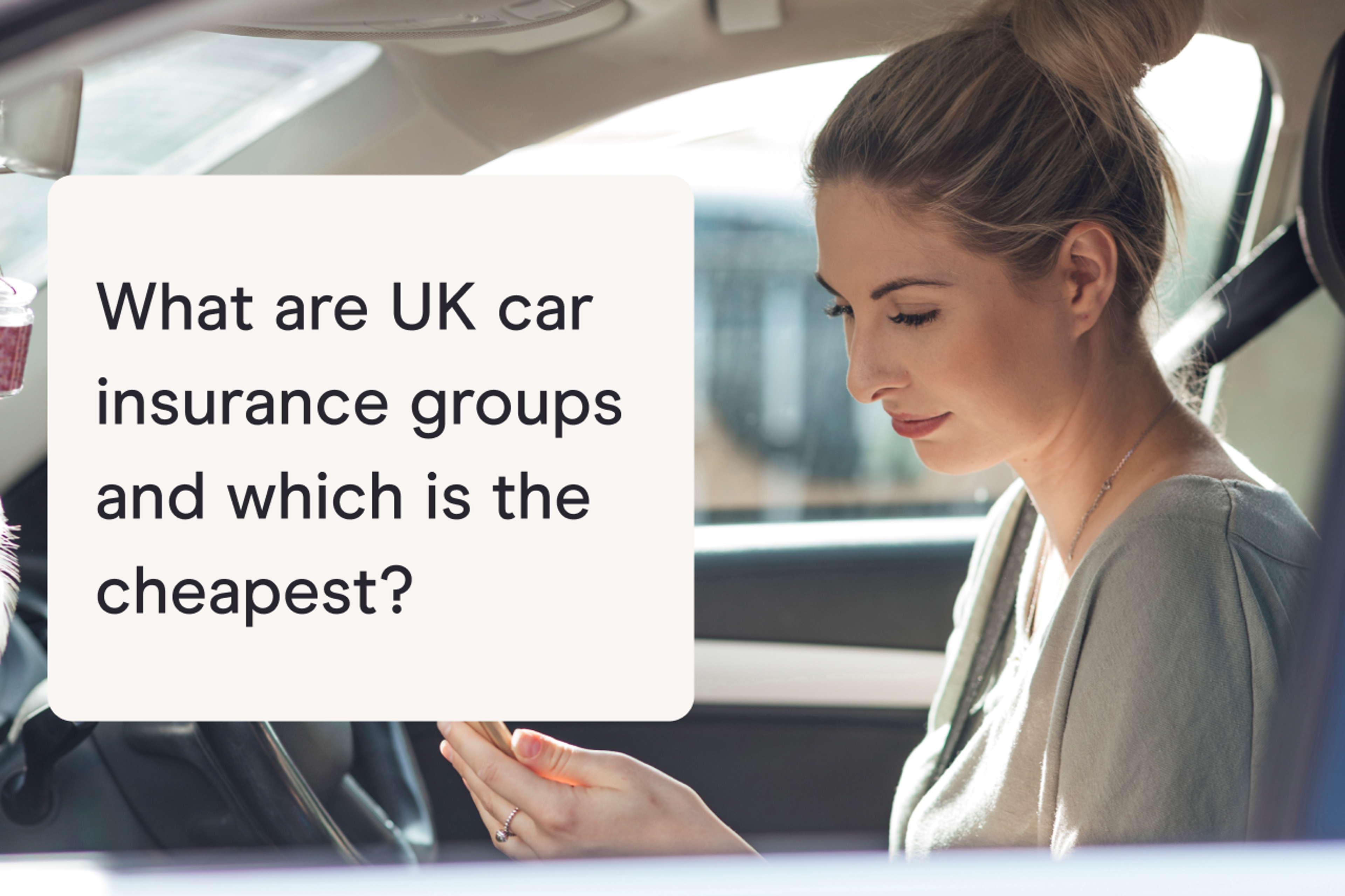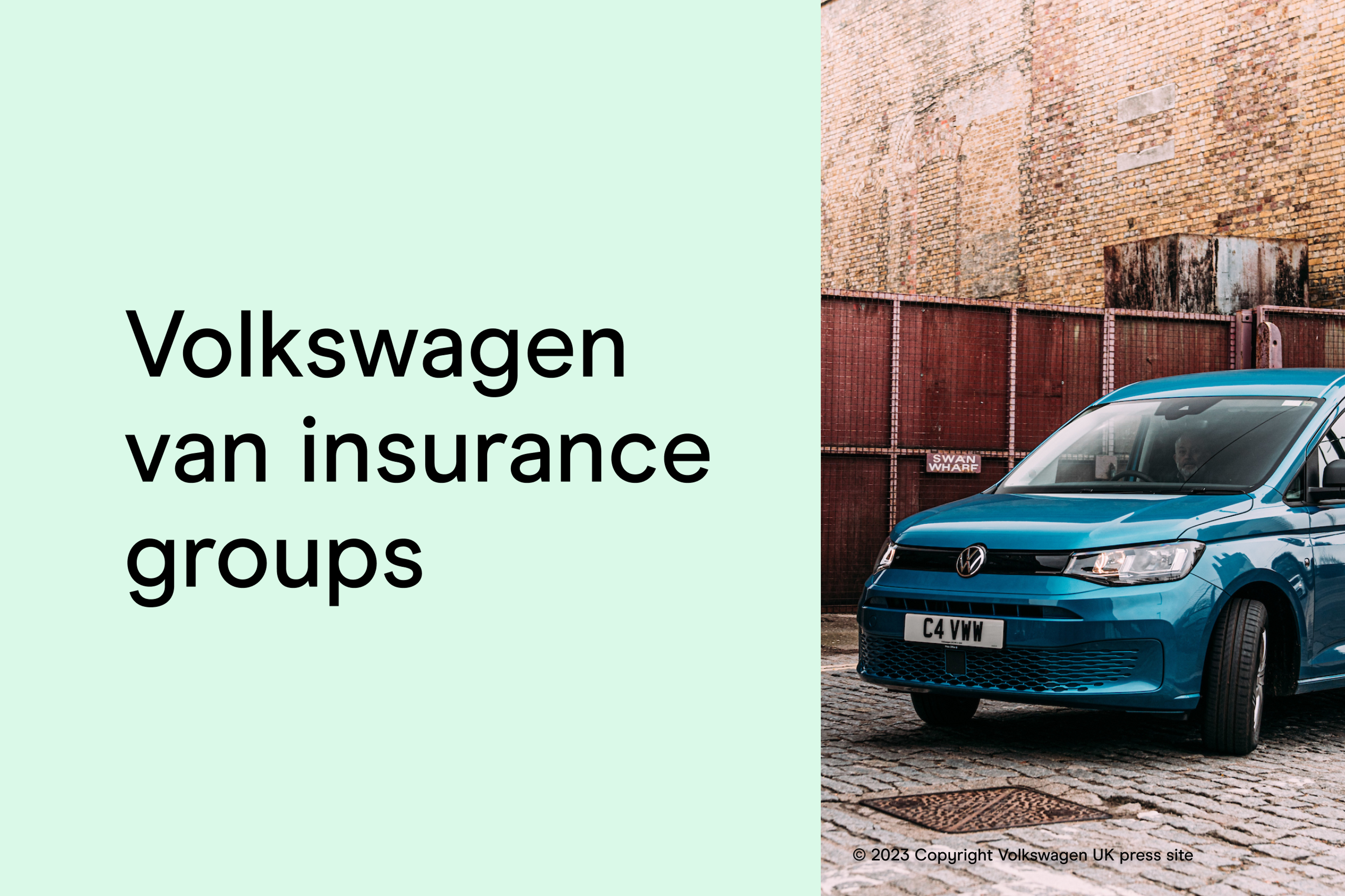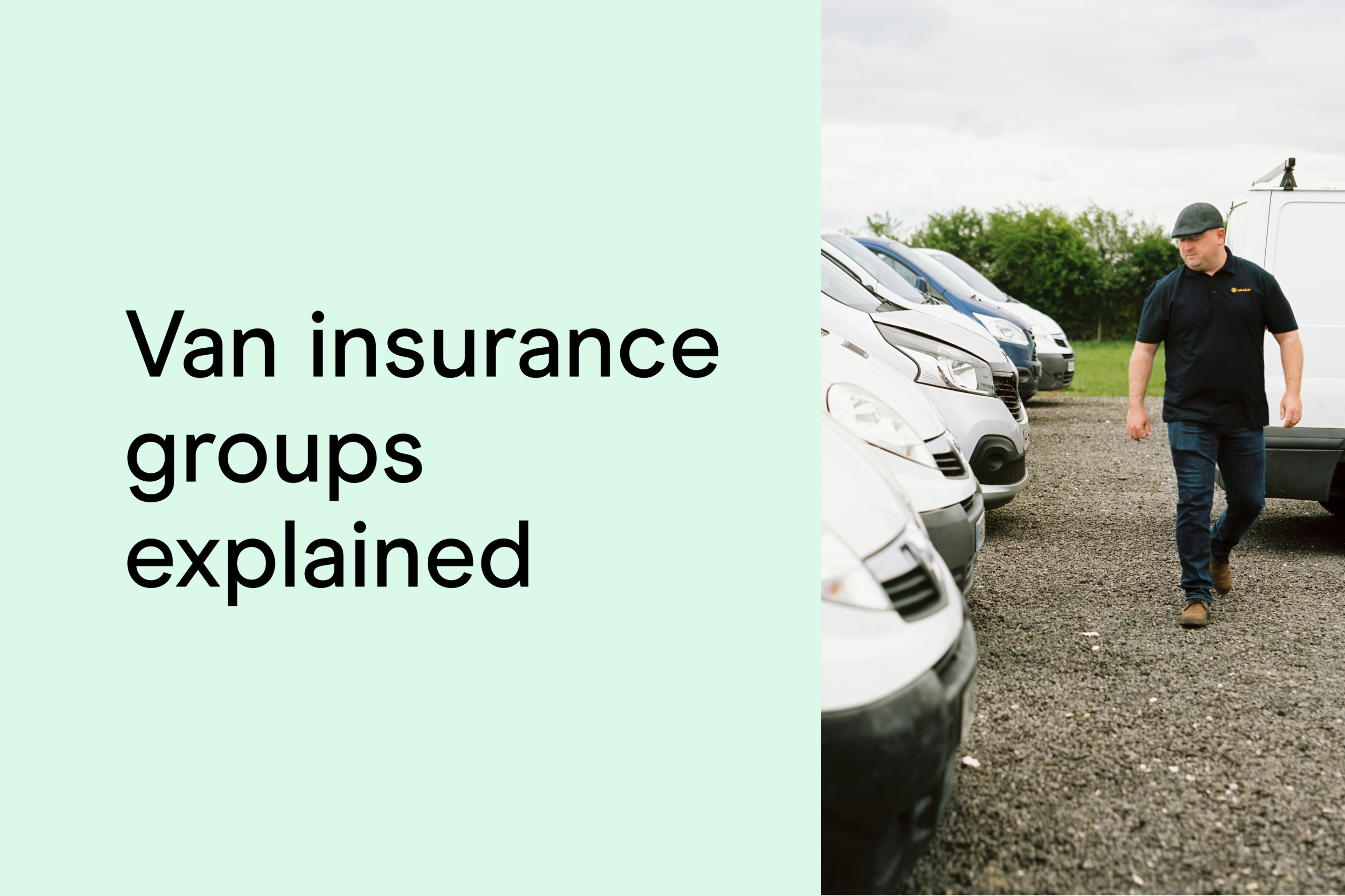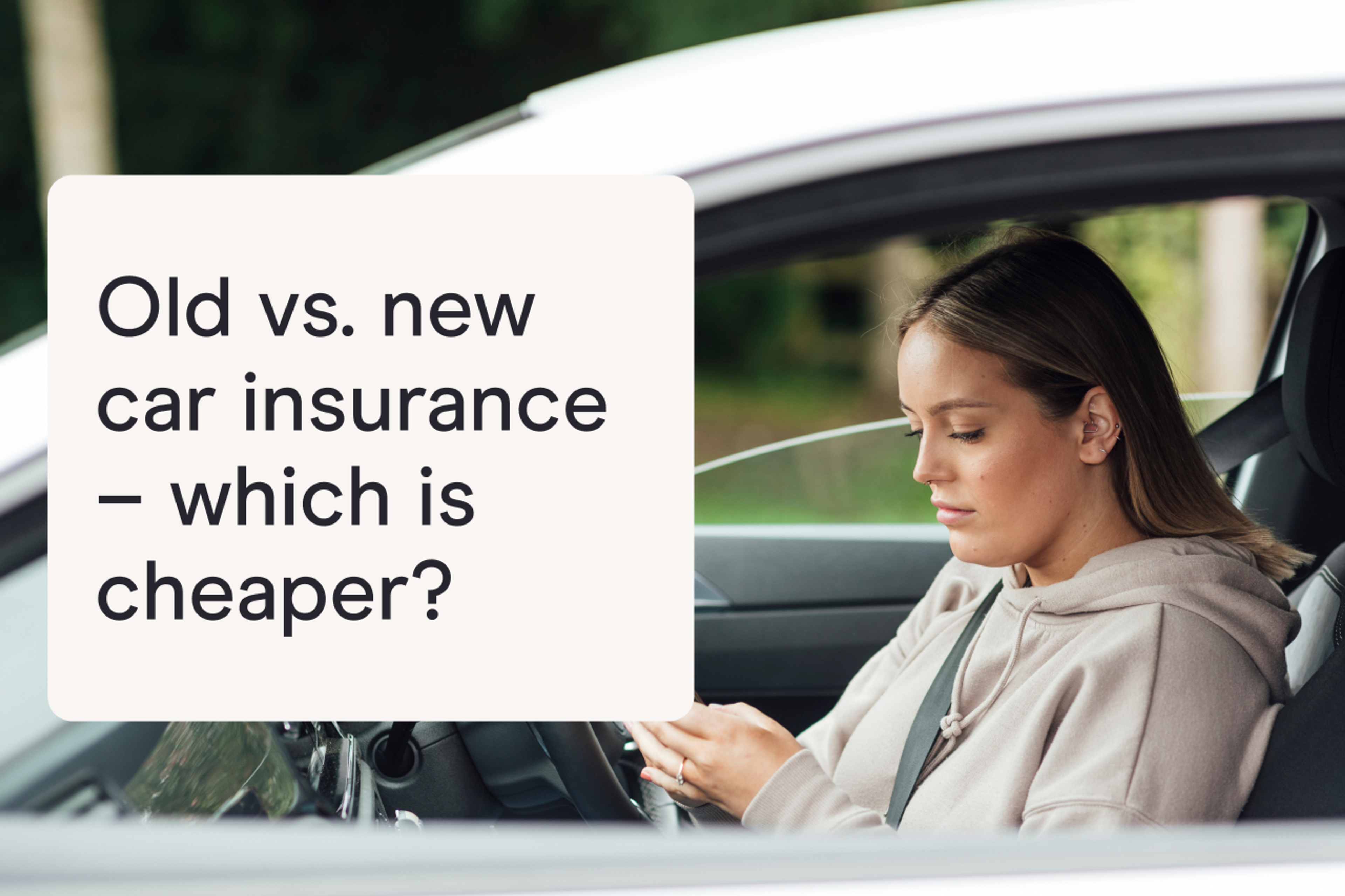When it comes to car insurance in the UK, understanding how insurers calculate your premiums can feel like navigating a maze. At the heart of this process are car insurance groups categories, that play a role in deciding how much you pay.
Let’s break it down and highlight which groups offer the cheapest options for savvy drivers.

What are car insurance groups?
Car insurance groups are categories ranging from 1 to 50, where vehicles in ‘Group 1’ represent the cheapest to insure, and ‘Group 50’ the most expensive. Every car sold in the UK is assigned to one of these groups based on specific criteria that help insurers calculate risk. Here’s what goes into determining your car's group:
- Repair costs: How expensive and time-consuming is it to fix your car?
- Parts availability: Are replacement parts easy to find?
- Security features: Does your car have anti-theft technology or alarms?
- Safety ratings: How well does your car protect passengers in an accident?
- Performance: Does your car’s engine size and speed make it more prone to accidents?
These factors ensure insurers can estimate the likelihood of claims and the related costs, tailoring your insurance cost accordingly.
How do the insurance groups work?
Think of these groups as tiers. Cars in ‘Group 1’ are typically small, economical, and inexpensive to repair, making them perfect for first-time or budget-conscious people such as young and new drivers. As you move up the groups, you’ll find larger, faster, and more luxurious vehicles, which cost more to insure.
Which cars are in the cheapest insurance groups?
If keeping insurance costs low is your top priority, you’ll want to stick to cars in Groups 1–5. These vehicles are often compact, fuel-efficient, and designed with affordability in mind.
Insurance Group 1 Cars (The Cheapest)
Car Model | Insurance Group |
|---|---|
Fiat Panda 1.2 Pop | Group 1 |
Kia Picanto 1.0 | Group 1 |
Skoda Citigo 1.0 S | Group 1 |
Volkswagen Up! 1.0 Take Up | Group 1 |
Hyundai i10 S 1.0 | Group 1 |
Citroën C1 VTi 68 Touch | Group 1 |
Peugeot 107 1.0 Urban | Group 1 |
Toyota Aygo 1.0 (basic trims) | Group 1 |
Seat Mii 1.0 S | Group 1 |
Dacia Sandero 1.0 Access SCe | Group 1 |
These cars are excellent choices for young and new drivers who need cheaper insurance , students, or newcomers to the UK who may face higher insurance premiums elsewhere.
Insurance Group 2 Cars
Car Model | Insurance Group |
|---|---|
Ford Ka+ | Group 2 |
Toyota Aygo | Group 2 |
Peugeot 108 | Group 2 |
Citroën C1 | Group 2 |
Vauxhall Viva | Group 2 |
Volkswagen Up! | Group 2 |
Hyundai i10 | Group 2 |
Skoda Citigo | Group 2 |
Insurance Group 3, 4, and 5 Cars
Car Model | Insurance Group |
|---|---|
Renault Clio | Group 3 |
Seat Ibiza | Group 3 |
Peugeot 107 | Group 3 |
Seat Mii | Group 3 |
Dacia Sandero | Group 3 |
Fiat 500 | Group 3 |
Suzuki Celerio | Group 3 |
Kia Rio | Group 3 |
Vauxhall Corsa | Group 4 |
Ford Fiesta | Group 4 |
Hyundai i20 | Group 4 |
Nissan Micra | Group 4 |
Suzuki Swift | Group 4 |
Volkswagen Polo | Group 5 |
Honda Jazz | Group 5 |
Toyota Yaris | Group 5 |
Ford Ka+ Plus | Group 5 |
Renault Sandero Stepway | Group 5 |
What about cars in mid-range groups?
Cars in Groups 6–15 strike a balance between affordability and performance. They offer more space and features while keeping insurance costs below the national average.
Examples of Group 6–15 Cars
Kia Rio | Group 6–7 |
|---|---|
Peugeot 207 | Group 6–7 |
Vauxhall Corsa (higher trims) | Group 6–7 |
Toyota Corolla | Group 8–9 |
Fiat 500 Pop Star | Group 8–9 |
Ford Focus | Group 10–12 |
Skoda Octavia | Group 10–12 |
Volkswagen Golf | Group 11–13 |
Mini Hatchback | Group 12–14 |
BMW 1 Series | Group 13–15 |
Audi A1 | Group 13–15 |
Mercedes A-Class (lower trims) | Group 14–15 |
These vehicles are ideal for families or drivers seeking a little more comfort and power without breaking the bank.
Higher insurance groups: performance and prestige
As you climb into Groups 16–50, you’ll find premium cars with powerful engines, advanced technology, and luxury appeal. While these vehicles are pricier to insure, experienced drivers with claim-free records may still find competitive rates.
Examples of Group 16–20 Cars:
Audi A1 (higher trims) | Group 16–17 |
|---|---|
Mercedes-Benz A-Class | Group 16–17 |
Volvo V40 | Group 16–17 |
BMW 1 Series (higher trims) | Group 18–19 |
Jeep Wrangler | Group 18–19 |
Audi A3 | Group 19–20 |
Ford Mondeo | Group 19–20 |
Volkswagen Passat | Group 19–20 |
Luxury electric cars like the Tesla Model 3 and BMW i5 Saloon typically fall into Groups 45 and above, reflecting their higher repair and replacement costs.
How are insurance groups for electric cars decided?
Electric cars are evaluated just like traditional vehicles, considering factors such as repair costs, safety, and performance. Many models fall into the cheaper groups (1–15), including:
- Smart EQ ForFour
- Volkswagen e-Up
- Fiat 500 Electric Hatchback
However, high-performance electric cars like the Tesla Model S are placed in higher groups due to their premium components and advanced systems.
What’s the average cost of car insurance in the UK?
As of 2024, the average cost of car insurance in the UK is approximately £995 per year, according to Confused.com. However, your car’s insurance group is just one of many factors influencing this price. Other considerations include:
- Your driving history and no-claims bonus.
- Your age and location.
- The type of coverage you select (e.g., comprehensive or third-party).
- Additional features like breakdown cover or courtesy cars.
Insurance Group | Average Annual Premium Estimate |
|---|---|
Group 1–2 | £700 – £950 |
Group 3–5 | £800 – £1,100 |
Group 6–10 | £900 – £1,200 |
Group 11–15 | £1,000 – £1,400 |
Group 16–20 | £1,200 – £1,600 |
Group 21–30 | £1,400 – £1,800 |
Group 31–40 | £1,600 – £2,200 |
Group 41–50 | £2,000 – £3,000+ |
Note:
The average costs shown above are purely estimates only. They're meant to be for representation purposes only to give a general idea of how insurance prices rise across the different groups. The actual actual premium you pay will vary depending on personal factors like your age, postcode, driving history, type of cover, mileage, and the insurer you choose. Those who are younger around the ages of 17 will pay higher insurance costs.
Finding the right insurance deal
Choosing a car in a lower insurance group is one of the simplest ways to manage premiums. But don’t forget to shop around, especially if you’re new to the UK. Many insurers charge extra for drivers without UK-based experience, so it’s worth looking for a provider that recognises your full driving history, wherever you’ve lived.
Get a Car Insurance Quote
Understanding car insurance groups can help you find a policy that suits your budget and driving needs. Whether you’re driving a car in a lower or higher group, choosing the right cover is essential.
Zego’s app-based telematics insurance product tracks how you actually drive, using smartphone technology to measure factors like speed, braking, and cornering. This creates a fairer and more personalised approach to insurance, rewarding safer habits and giving drivers more control.
With Zego, you can get a tailored telematics policy that works for you, whether your car falls into a lower insurance group for cheaper cover or a higher group that needs comprehensive protection.
Looking for car insurance?


